NIACIN (SUPPLEMENT) - ORAL
PHONETIC PRONUNCIATION: (NYE-a-sin)
COMMON BRAND NAME(S): Slo-Niacin
GENERIC NAME(S): niacin
Uses
USES: Niacin (nicotinic acid) is used to prevent and treat niacin deficiency (pellagra). Niacin deficiency may result from certain medical conditions (such as alcohol abuse, malabsorption syndrome, Hartnup disease), poor diet, or long-term use of certain medications (such as isoniazid). Niacin deficiency can cause diarrhea, confusion (dementia), tongue redness/swelling, and peeling red skin. Niacin is also known as vitamin B3, one of the B-complex vitamins. Vitamins help to support the body's ability to make and break down natural compounds (metabolism) needed for good health. Niacinamide (nicotinamide) is a different form of vitamin B3 and does not work the same as niacin. Do not substitute unless directed by your doctor. Check the ingredients on the label even if you have used the product before. The manufacturer may have changed the ingredients. Also, products with similar names may contain different ingredients meant for different purposes. Taking the wrong product could harm you.
How to use NIACIN (SUPPLEMENT) - ORAL
HOW TO USE: Take this medication by mouth with a low-fat meal or snack as directed by your doctor, usually 1-3 times daily. Taking niacin on an empty stomach increases side effects (such as flushing, upset stomach). Follow all directions on the product package. If your doctor has prescribed this medication, take it as directed. If you are uncertain about any of the information, consult your doctor or pharmacist. Niacin is available in different formulations (such as immediate and sustained release). Do not switch between strengths, brands, or forms of niacin. Severe liver problems may occur. Swallow extended-release capsules whole. Do not crush or chew extended-release capsules or tablets. Doing so can release all of the drug at once, increasing the risk of side effects. Also, do not split extended-release tablets unless they have a score line and your doctor or pharmacist tells you to do so. Swallow the whole or split tablet without crushing or chewing. To lessen the chance of side effects such as flushing, avoid alcohol, hot beverages, and eating spicy foods near the time you take niacin. Taking a plain (non-enteric coated, 325 milligram) aspirin or a nonsteroidal anti-inflammatory drug (such as ibuprofen, 200 milligrams) 30 minutes before taking niacin may help prevent flushing. Ask your doctor if this treatment is right for you. If you also take certain other drugs to lower cholesterol (bile acid-binding resins such as cholestyramine or colestipol), take niacin at least 4 to 6 hours before or after taking these medications. These products interact with niacin, preventing its full absorption. Continue to take other medications to lower your cholesterol as directed by your doctor. The dosage is based on your medical condition and response to treatment. If you are taking this for lipid problems, your doctor may direct you to start this medication at a low dose and gradually increase your dose to reduce your risk of side effects. Your dose will need to be increased slowly even if you are already taking niacin and are being switched from another niacin product to this product. Follow your doctor's instructions carefully. Do not stop taking this medicine unless instructed by your doctor. If you stop taking niacin, you may need to return to your original dose and gradually increase it again. Ask your doctor or pharmacist for instructions on restarting your dose if you have not taken your medication for several days. Use this medication regularly to get the most benefit from it. To help you remember, take it at the same time(s) each day. It is very important to continue to follow your doctor's advice about diet and exercise. If your condition persists or worsens, or if you think you may have a serious medical problem, get medical help right away.
Side Effects
Precautions
Interactions
Overdose
Images
Reviews
Faq for NIACIN (SUPPLEMENT) - ORAL
Niacin is a form of vitamin B3, which is essential for maintaining the overall health of the body.
Niacin supplement is commonly used to lower cholesterol levels, improve heart health, boost brain function, support skin health, and reduce the risk of certain cardiovascular diseases.
Niacin helps lower cholesterol levels by reducing the production of LDL (bad cholesterol) in the liver and increasing the production of HDL (good cholesterol). It also helps to remove triglycerides from the blood.
Common side effects of niacin supplement include flushing of the skin, itching, headache, dizziness, and upset stomach. These side effects are usually temporary and can be minimized by taking niacin with food or using extended-release forms of the supplement.
The recommended dosage of niacin supplement varies depending on the individual's age, sex, and specific health condition. It is important to consult with a healthcare professional to determine the appropriate dosage for you.
Yes, niacin supplement may interact with certain medications, including blood thinners, diabetes medications, statins, and high blood pressure medications. It is crucial to inform your healthcare provider about all the medications you are taking before starting niacin supplementation.
In rare cases, high doses of niacin supplement may cause liver damage. However, this risk is usually associated with prescription-strength niacin rather than over-the-counter supplements. Regular liver function tests are recommended for individuals taking high-dose niacin.
Yes, niacin supplement can cause a niacin flush, characterized by redness, warmth, and tingling in the face and neck. This flushing effect is harmless and usually subsides after a short time.
It is recommended to consult with a healthcare professional before taking any supplements during pregnancy. Though niacin is generally considered safe for pregnant women in recommended doses, it is important to discuss potential risks and benefits.
Disclaimer
IMPORTANT: HOW TO USE THIS INFORMATION: This is a summary and does NOT have all possible information about this product. This information does not assure that this product is safe, effective, or appropriate for you. This information is not individual medical advice and does not substitute for the advice of your health care professional. Always ask your health care professional for complete information about this product and your specific health needs.
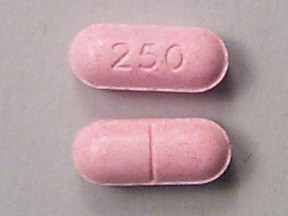
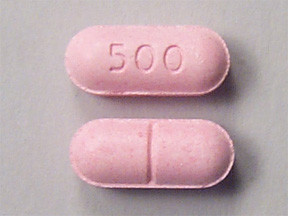

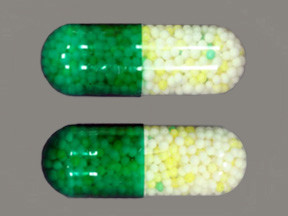
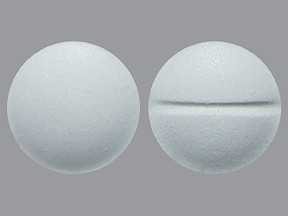
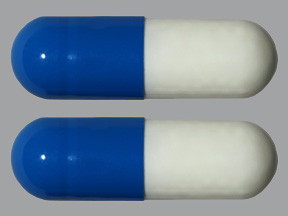
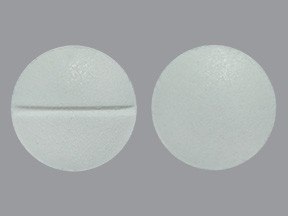
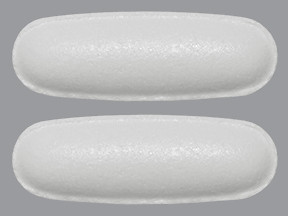
No Reviews Yet